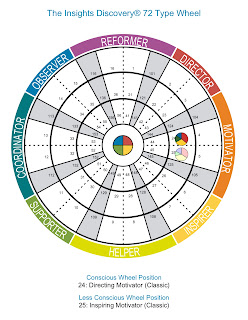Confusions around privacy
The British media is filled with news over this weekend about the 'stupid' laws that allow the wealthy and influential to obtain a 'super-injunction' to guard their privacy in public media outlets such as newpaper, radio and TV; while new media such as Twitter seem to get away with breaking/leaking news items with impunity...
In an update of the 'Streisand effect' one footballer's attempts to use legal force to extract information about Twitter users re-publishing information of his alleged affair, seems to have had the predictable outcome of raising the visibility of his situation with many who might not have known, or cared, before...
But, in other news (as they say), the Washington Post is warning that proposed data protection laws in India may be 'too strict for some US companies.' The article makes the point that requirements such as obtaining written consent from each customer before collecting and using personal data will make it hard to do business, as it's currently conceived where 'free services' are provided in return for user-submission of data for marketing purposes.
In reality, many providers of online cloud computing services now do so under terms that require users to accept that their data may be processed on computers outside their country of residence, and in particular outside the European Union where some of the world's strongest privacy regulations lie, at least nominally. This is necessary, not least because cloud computing providers (dominated by Amazon's EC2 service) are predominantly housed in the USA, home to some of the world's least well defined privacy laws.
It's a confusing situation, for service providers, service users and the ultimate service consumers.
Get more like this
In an update of the 'Streisand effect' one footballer's attempts to use legal force to extract information about Twitter users re-publishing information of his alleged affair, seems to have had the predictable outcome of raising the visibility of his situation with many who might not have known, or cared, before...
But, in other news (as they say), the Washington Post is warning that proposed data protection laws in India may be 'too strict for some US companies.' The article makes the point that requirements such as obtaining written consent from each customer before collecting and using personal data will make it hard to do business, as it's currently conceived where 'free services' are provided in return for user-submission of data for marketing purposes.
In reality, many providers of online cloud computing services now do so under terms that require users to accept that their data may be processed on computers outside their country of residence, and in particular outside the European Union where some of the world's strongest privacy regulations lie, at least nominally. This is necessary, not least because cloud computing providers (dominated by Amazon's EC2 service) are predominantly housed in the USA, home to some of the world's least well defined privacy laws.
It's a confusing situation, for service providers, service users and the ultimate service consumers.
Get more like this



Comments